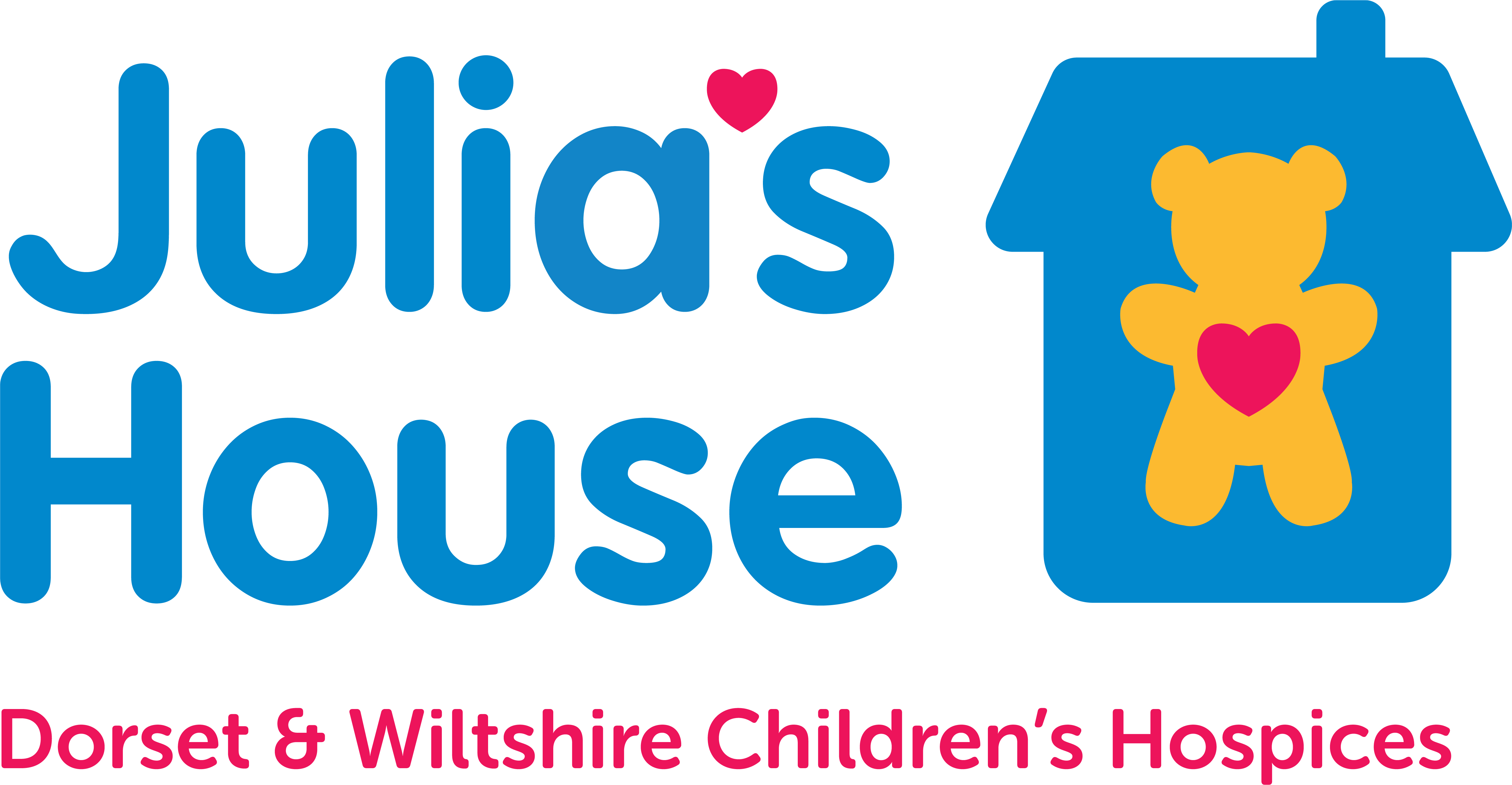January 25th, 2024
It's difficult to emphasis just how hard life can be for the parents of children who have a life-limiting or life-threatening condition. There is the obvious emotional toll, worrying about your child's health, but so many other aspects of life are affected too - jobs, relationships, social life, finances to name a few. On Parent Mental Health Day, Gemma, mum to Finley, provides a valuable insight into the challenges parents like ours face.....
Image

Picture this. You’re pregnant for the first time (during a global pandemic) and you find out halfway through that pregnancy that there are complications. You spend the rest of your pregnancy anxious about the future. You plan for a two week stay in hospital that turns into six months. That’s after labour and an emergency caesarean from which you have to recover. You have to move out of your house to be by your baby’s side and not see anyone because of the risk of infection. You have to watch your baby slowly decline in health requiring more and more additional support before ending up on a ventilator. You have to watch them go through multiple surgeries, requiring more general anaesthetics than you care to recall. This finally ends in a surgery which saves their life but also renders them disabled and will impact your life more than you could possibly imagine at that point.
The first year of their life is a complete blur. You don’t enjoy any of your maternity leave and are unable to participate in baby groups or meet up with many people because of the risk of infection and because you have no time between the constant stream of appointments. Your husband is unable to go back to work for the time being and you’ve been told that you’ll probably never go back to work. You worry about your mortgage and your future.
Fast forward another few months and you start to understand the implications of the life changing tracheostomy surgery. You have to learn new skills you never imagined learning. You learn they may not be able to speak, so you engage in speech and language therapy. You wanted to teach your child some French but instead you’re both learning sign language. You begin to think about the long-term effects that being visibly different is going to have on your child. You receive callous stares and comments which make you cry in public.
You face constant battles with the authorities in order to get the support your child is entitled to. You have to appeal and justify this support every 3/6/12 months. You constantly feel under threat that this support will be taken away. The day-to-day admin becomes overwhelming, and you break down. More than once. Your husband goes back to work and you are alone a lot. You eventually go back to work and relish the escapism. You miss so many events and invitations. You can’t make many plans. You realise you haven’t seen some of your friends for years. You forget things and have no capacity beyond what your child needs. You miss birthdays, wedding anniversaries (including your own!) and other milestones in peoples’ lives. You find it difficult to retain information and listen to instructions. You stop reading the news. You simply can’t focus on anything outside of your immediate situation and you feel like you’re treading water ALL of the time. Sometimes you stop to think how different your life is to what you expected.
I’m not writing this to make you feel sorry for us but to give some indication of how things feel sometimes for families like ours. Some people seem to think that once your child is out of hospital everything is ok and the pain is in the past but it isn’t. It’s always present, and there are constant triggers, we just do a decent job of hiding it most of the time. So on Parent Mental Health Day, please remember to be kind. Always.
Follow Gemma and her family via her Instagram account @feathercat.and.finn

